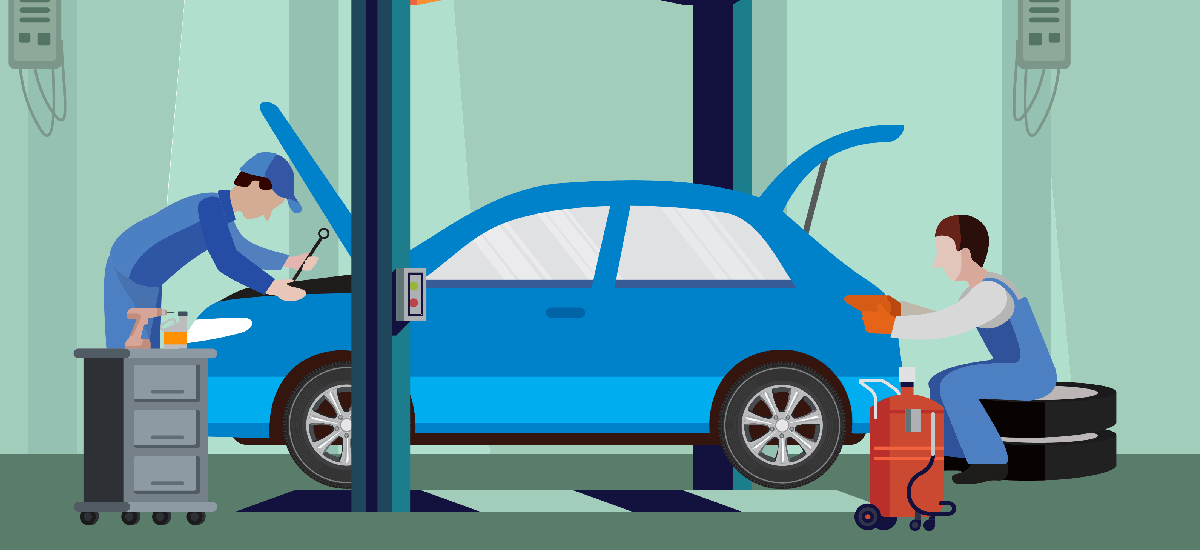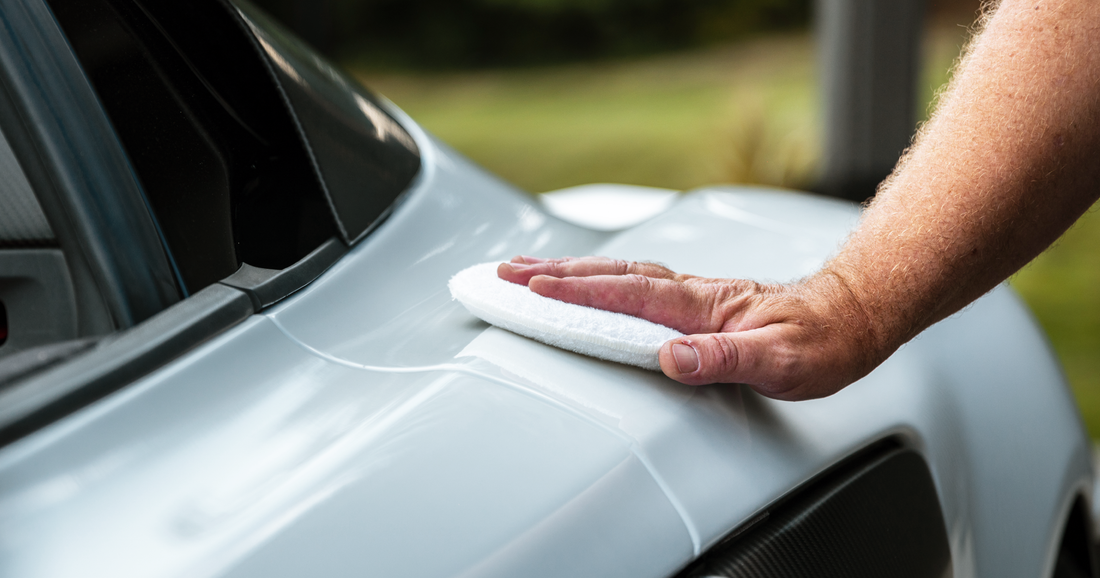All Categories
Featured

Understanding the difference in between regular maintenance and fixings is key to guaranteeing your automobile remains in leading condition and operates efficiently throughout its life. Routine maintenance is concerning prevention and recurring treatment, while repair services are needed when something breaks or breakdowns.
Routine Maintenance: Stopping Future Problems. Routine upkeep entails the routine, scheduled solutions that maintain your automobile in good working order and protect against concerns from establishing. These tasks are created to ensure that all parts of your auto remain to function as they must and assist maintain the vehicle's integrity. Routine upkeep is typically detailed in your cars and truck's owner handbook, defining when to do certain jobs based on gas mileage or time periods.

Some instances of routine maintenance include:
Oil Modifications: Oil lubricates the engine, ensuring it runs efficiently and effectively. Regular oil adjustments, commonly every 3,000 to 5,000 miles, help protect against engine wear and keep the automobile running ideally. Tire Turning and Harmonizing: Tire turning assists also out tire wear, while balancing makes certain smooth handling and boosts tire long life. This should be done every 6,000 to 8,000 miles. Brake Inspections: Your automobile's stopping system requires routine checks to make sure the pads remain in excellent condition, the fluid degrees suffice, and the blades are functioning well. Liquid Checks: Watching on important liquids, including transmission liquid, coolant, brake liquid, and power steering fluid, helps keep the engine and various other systems operating smoothly. Air Filter Substitute: The engine air filter keeps dust and particles from going into the engine. Replacing it routinely aids maintain engine performance and gas effectiveness. These upkeep tasks are preventive in nature, made to prolong the life of your vehicle and reduce the danger of malfunctions. By carrying out routine upkeep, you can catch little issues before they intensify into larger, much more costly problems.
Repair Works: Taking Care Of Problems That Occur. Repair work, on the other hand, are needed when a component of your lorry breaks or stops working down. Repairs are commonly unplanned and are needed to bring back the lorry's capability and safety. Unlike regular upkeep, which is focused on prevention, repairs are responsive actions taken when something malfunctions or breaks. While some repairs may be small, others can be much more intricate and costly.

Instances of common repair services consist of:
Transmission Issues: Troubles such as sliding equipments, trouble changing, or unusual sounds may signify a malfunction in the transmission, requiring repairs or substitute. Engine Repairs: If the engine is misfiring, overheating, or showing various other indicators of difficulty, it might require a repair or substitute of certain parts like the ignition system, timing belt, or sensing units. Brake Repair works: If your brakes are squeaking, making grinding sounds, or failing to stop the car successfully, you might need to change brake pads, calipers, or rotors. Battery Replacement: If the automobile has trouble beginning or the battery caution light appears, it might be time to change the battery. Suspension and Steering Fixings: If you experience uneven tire wear, a harsh experience, or difficulty guiding, it might be an indication that the suspension system or steering components need repair service. Due to the fact that they entail repairing problems that could influence the car's security or performance, repair work are commonly a lot more expensive than routine maintenance. Depending on the severity of the trouble, repair work might call for specialized parts and labor.
Trick Distinctions Between Regular Repair And Maintenance. Purpose: Routine maintenance aims to avoid problems and make sure that the lorry runs successfully. Repair services are required to deal with issues that have already occurred. Frequency: Maintenance jobs are carried out on a normal schedule, while repairs are needed when specific issues arise suddenly. Cost: Routine upkeep is generally less costly, as it includes minor checks, adjustments, and component replacements. Repairs can be extra costly as a result of labor and components associated with repairing busted components. Timing: Upkeep is foreseeable and planned, whereas fixings occur when something goes wrong, often leading to even more immediate interest. The Value of Both Routine Repair And Maintenance. While routine upkeep is very important for minimizing the demand for fixings, repair services are often inescapable. Even the best-maintained cars can experience damage gradually. It's vital to be proactive with upkeep and address fixings quickly to guarantee your automobile remains secure and reputable to drive.
By staying on top of normal upkeep jobs, you can minimize the risk of requiring expensive repairs. When repair services are required, addressing them early can aid stop more damage and ensure that your auto remains to execute at its finest.
Conclusion. In summary, routine repair and maintenance are both essential parts of lorry treatment. Routine maintenance helps protect against concerns and guarantees your car is running smoothly, while fixings are needed to repair problems that emerge unexpectedly. By balancing normal maintenance with timely repairs, you can prolong the life of your automobile and delight in a much safer, extra reliable driving experience.
Latest Posts
Find Out Reduce Expenses on Car Maintenance with Montclare Auto Repair’s Special Deals
Published en
1 min read
Discover Cut Costs on Car Maintenance with Montclare Auto Repair’s Limited-Time Deals
Published en
1 min read
Discover Special Auto Repair Specials in Chicago at Montclare Auto Repair
Published en
1 min read
More
Latest Posts
Find Out Reduce Expenses on Car Maintenance with Montclare Auto Repair’s Special Deals
Published May 26, 25
1 min read
Discover Cut Costs on Car Maintenance with Montclare Auto Repair’s Limited-Time Deals
Published May 25, 25
1 min read
Discover Special Auto Repair Specials in Chicago at Montclare Auto Repair
Published May 22, 25
1 min read